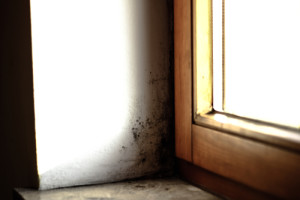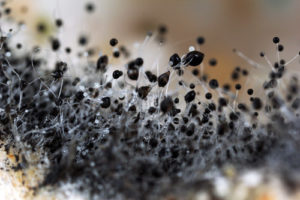Truth or Fiction: Should I Be Worried About Mold?

Not All Mold Needs Treatment, Get a Free Inspection
The way late-night local news and personal injury attorneys describe it, you might have the impression that mold carries enormous, fatal health risks for everybody. That’s not exactly true.
On the one hand, landlords and businesses should worry about mold-related lawsuits. On the other, people can relax—just a bit—knowing that many horror stories about mold are exaggerated.
Mold often triggers painful symptoms in people with respiratory problems. Breathing in too much mold can even hurt healthy people. More commonly, mold damages property when left untreated.
Common Myths About Mold
Gailen Marshall of UT Medical School recently delineated some of the facts and fiction about mold:
• Various types of mold exist everywhere, inside and outside our homes
• Mold has not been proven to cause brain damage
• You should not pay for a mold test (we offer a free inspection for peace of mind)
• Most mold problems do not have to turn your life upside down (Stern Mold can kill mold without ripping out drywall!)
• People with allergies, asthma, and compromised immune systems are the most likely to experience mold health problems
The Best Way to Treat Mold
At Stern Mold, we don’t like to use fear-mongering to sell our NJ mold removal service. The truth about mold is bad enough.
Untreated mold causes serious property damage and can cause or exacerbate lung diseases and breathing problems.
What you might not know is that NJ mold removal has gotten cheap and fast. Stern Mold’s scientifically advanced system kills mold and seals surfaces so that the spores never grow back.
Think you have mold or mold-related health symptoms? Contact Stern Mold or call 888-887-8376 for a free inspection.




